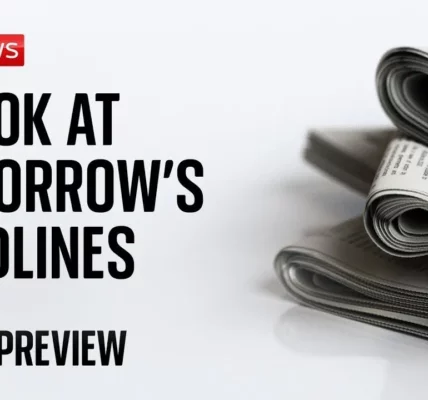Royal College of Nursing Announcement: Implications and Insights

This article explores the recent announcement by the Royal College of Nursing, the political context surrounding it, and the broader implications for public sector workers and the economy.
Introduction
The recent announcement by the Royal College of Nursing (RCN) rejecting the government’s pay offer has sparked significant debate. As the Chancellor praised the government’s efforts in securing pay deals and ending strikes, the RCN’s decision came as a surprise, raising questions about labor relations and economic policies in the UK. This article aims to delve into the factors surrounding this announcement, the responses from various stakeholders, and the potential impact on the public sector and the economy at large.
The Context of the Announcement
The timing of the RCN’s announcement coincided with the Chancellor’s speech, which highlighted the government’s efforts in improving pay for public sector workers. The RCN’s decision to reject the pay offer was perceived as a strategic move aimed at causing maximum embarrassment to the government. This section examines the political context of this announcement and its implications for labor relations.
Political Timing and Strategy
The RCN’s rejection was not merely a response to economic conditions but also a calculated political maneuver. By announcing their decision during a significant governmental address, the RCN aimed to draw attention to the ongoing struggles faced by nurses and other public sector workers.
Reactions from Stakeholders
The immediate reaction within the conference hall was one of surprise and concern. Rachel Reeves, the Shadow Chancellor, emphasized the government’s commitment to addressing public sector pay issues while acknowledging the dissatisfaction among union members. This highlights the growing tension between the government and labor unions.
The Economic Implications
Understanding the broader economic implications of the RCN’s announcement is crucial. The government has argued that increasing public sector pay is not only a matter of fairness but also a strategic investment in the economy. This section explores the economic arguments presented by the government and their potential ramifications.
The Case for Public Sector Pay Increases
Proponents of increased public sector pay argue that it stimulates local economies. Here are some key points:
- Every pound spent on public sector wages circulates within local economies.
- Higher wages contribute to increased consumer spending, benefiting local businesses.
- Investing in public sector workers enhances service delivery, particularly in critical areas like healthcare.
Concerns About Austerity
Amid discussions of pay increases, concerns about austerity measures linger. Critics argue that the government’s spending plans may resemble austerity, cutting essential services while promoting pay raises. Rachel Reeves has emphasized that her approach differs significantly from past austerity measures, advocating for active government involvement in economic growth.
Union Relations and Future Strategies
The relationship between the government and unions is pivotal in shaping labor policies. The RCN’s rejection of the pay offer reflects a breakdown in negotiations and trust, raising questions about future collaborations. This section analyzes the current state of union relations and the strategies that may emerge from this situation.
The Role of Unions in Modern Politics
Unions play a critical role in advocating for workers’ rights. The RCN’s actions underscore the importance of unions in negotiating fair pay and working conditions. Key considerations include:
- Unions must represent their members’ interests vigorously.
- Collaboration between government and unions is essential for effective policymaking.
- Transparency in negotiations can help rebuild trust between parties.
Future Negotiation Strategies
Moving forward, both the government and unions will need to adopt effective negotiation strategies to address the concerns of public sector workers. This may include:
- Establishing regular dialogue to address grievances before they escalate.
- Creating frameworks for fair compensation that reflect the cost of living.
- Implementing feedback mechanisms to gauge worker satisfaction with pay and conditions.
Conclusion
The Royal College of Nursing’s rejection of the government’s pay offer signals a critical moment in labor relations and public policy in the UK. As the government navigates the complexities of economic recovery and public sector satisfaction, the path forward requires careful consideration of the needs of workers and the overarching economic strategy. Both parties must engage in constructive dialogue to foster a more equitable environment for public sector employees. For more insights into labor relations and economic policies, check out our related articles on [public sector pay reforms](#) and [the role of unions in modern governance](#).
“`




